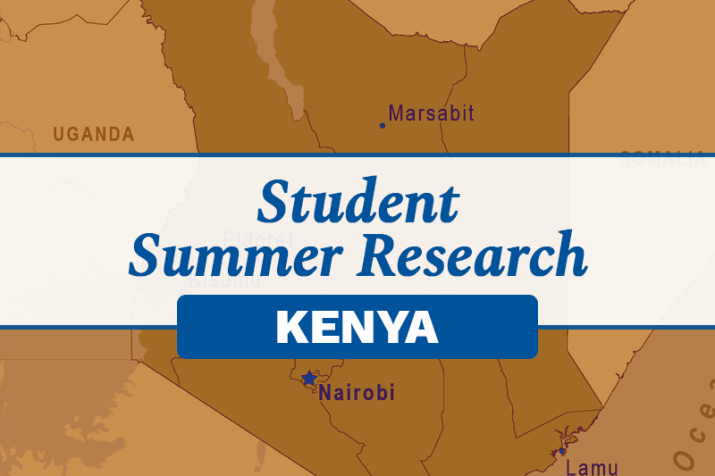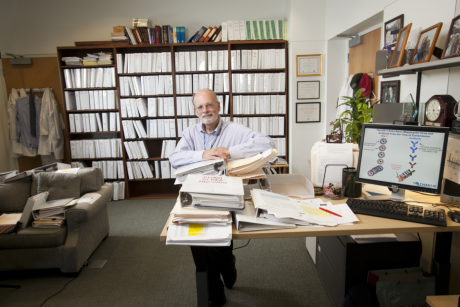Duke students Saisahana Subburaj, Cassidy Connett, Maddy McNee and Avanti Shah reflect on their summer Student Research Training (SRT) project, which organized focus groups to understand barriers to cervical cancer screening in Kisumu, Kenya.
As our eight-week project draws to a close, it is an opportunity to reflect on all that we have accomplished and the skills we have gathered. We have created focus group discussion guides, deepened our understanding of qualitative research methods, and even successfully coded in NVivo, a qualitative research coding software that was entirely unfamiliar to our team prior to this summer.
While our list of accomplishments and successes is extensive, our experience was not without challenges.
In May, we held a first round of focus group discussions in Kisumu with healthcare providers and women who are eligible for cervical cancer screening to gather data about stigma related to cervical cancer and prevention. Our team planned to host another focus group discussion, adjusting our discussion guides based on what we learned. We analyzed the first round of focus group discussions to think about how we could modify questions to garner more specific responses and what tools the moderator could use to encourage open discussion.
However, COVID-19 cases began rising in Kisumu around this time. As more businesses and schools shut down, more women had free time to participate in our focus group discussion, causing worrisome crowding in the areas where the groups were meeting. We began to wonder if we would need to shut down the discussions to protect the safety of the participants and the community.
Fortunately, our team in Kenya was able to mitigate the crowding by putting up tents where participants could wait outdoors and increasing controls on queues. This allowed our team to complete the final focus groups without posing any significant risks.
Because the SRT program was remote this year, we had some additional flexibility that would not have been possible if we all were in Kisumu together. A few of us held other jobs and worked on individual projects during the summer, and this presented some unforeseen barriers to working seamlessly on the SRT project. We had to manage four different schedules, and this proved to be difficult at times. Using our private group chat, we were eventually able to set up times to meet and work collaboratively.
As a team, we have reflected on the benefits and disadvantages of working on this project remotely. While we were still able to communicate with the community partners in Kenya through Zoom, we did lose out on the deeper relationships that might have been built had we been in person, which is a valuable component of the SRT program. At times, it felt somewhat disconnected and isolating to work from across the world and not have complete control over how the study was being carried out in the field.
However, working remotely provides a unique experience to grow our computer literacy skills and learn about new methods of qualitative research online, while also potentially enabling us to be more efficient and productive by cutting down time spent on logistics. While it is clearly a valuable experience to be working directly in the field, our team has still been able to learn and grow together, and we encourage future SRT teams to embrace the opportunity to work on projects remotely when circumstances warrant.
As we wrap up our wonderful and insightful project, we look forward to working together on completing our manuscript, continuing to collect data from our participants in Kenya, and seeing through what we started.



